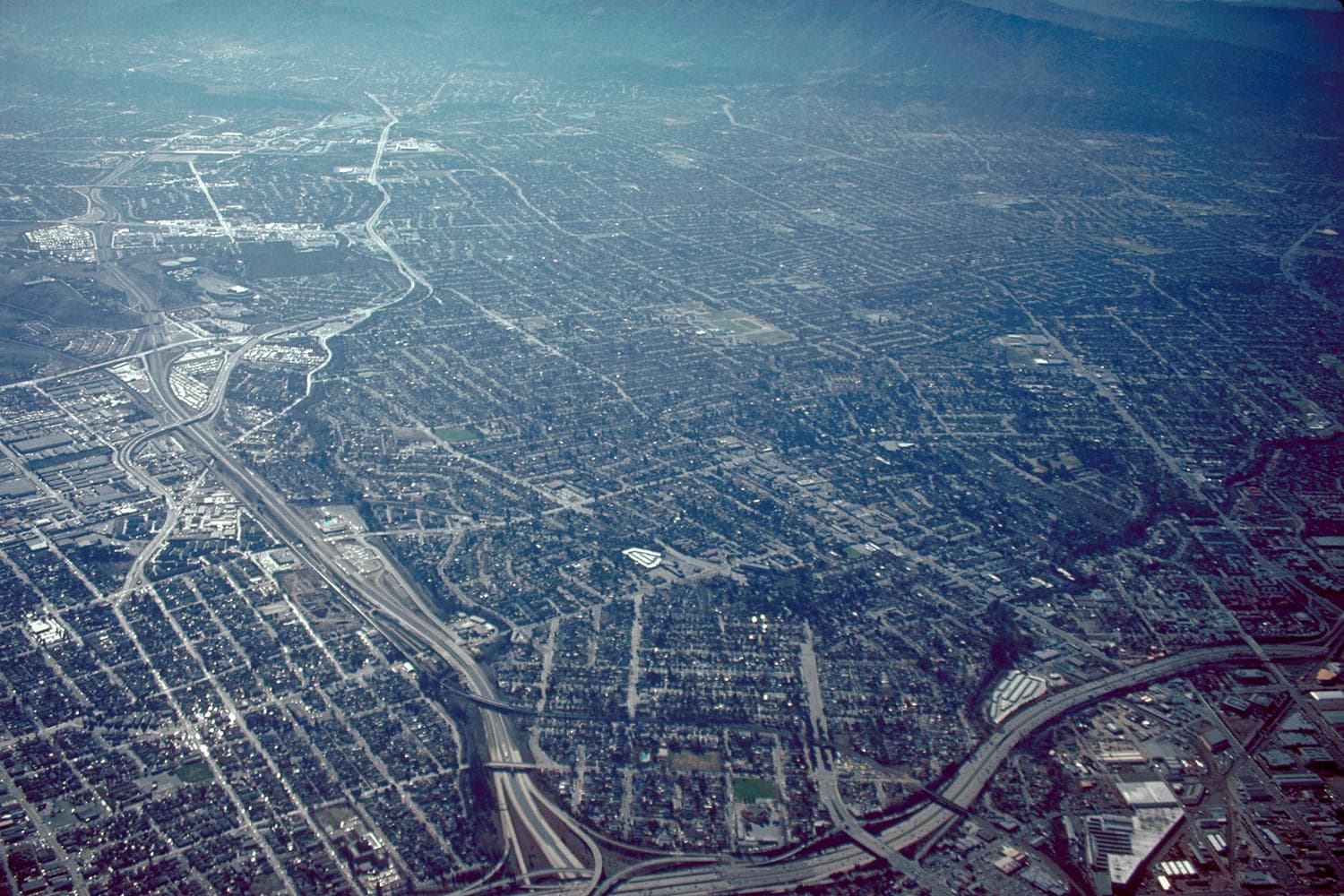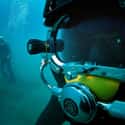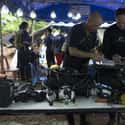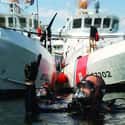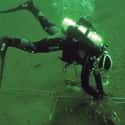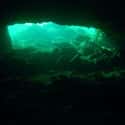-
(#5) Many Divers Learn To 'Switch Off' Emotionally
Many rescue and recovery divers report being able to emotionally check out during missions - especially those that would otherwise take a toll on their psychological health. Recovery divers are often the ones tasked with bringing remains back to families, and the search for them can be distressing.
Many who make a career out of recovery diving are successful because of their ability to handle difficult cases. Although veteran police diver Tosh Lavery acknowledged he was not the norm, he once claimed, "I can say, hand on heart, that it never affected me. It was just the job."
Florida rescue and recovery diver Edd Sorenson seconds that sentiment, describing a moment in his career where he had to handle an unthinkable task:
In April 2012, I spent seven hours removing a young man’s body from a cave in Tallahassee, FL. He had taken off his gear to get through a small hole and become stuck. I had to manipulate his arms and legs so I could push him back through the hole because rigor mortis had set in. People ask me how I cope with something like that. I know it sounds cold, but I can switch off. I focus on the job.
-
(#7) Many Divers Appreciate Being Able To Bring Families The Remains Of Their Loved Ones
American recovery diver Jamie Florek once said:
The outcomes involved with the dive team tend not to be good for the [people lost] or families. But whether we find someone or not, I think it’s nice to know. I would want to know.
That sentiment has been echoed by many other rescue and recovery divers around the world; they may face grim tasks in their daily work, but many do see the silver lining. They take pride in being able to give families a sense of closure. Divers are able to see the effect on the loved ones of those lost firsthand, and how much it matters to have remains returned. As Irish police diver Tosh Lavery put it:
I loved my job, I loved the machismo of it, but mostly I loved being able to present a grieving family with a [person] to bury... That was what mattered to me most.
-
(#6) Cave Dives Are Rarely Rescue Missions
Caves propose many unique challenges for rescue and recovery divers and are some of the most hazardous diving environments. Floods and tight spaces can make cave systems extremely difficult to navigate, even for the most experienced divers; therefore, there are many more recoveries in caves than rescues.
Rescues are still possible in cave systems though. One successful effort was the rescue of 12 boys and their soccer coach in Thailand in June 2018. Part of the large international team that rescued the boys had just survived their own harrowing cave diving experience in Mexico, where they were stranded for roughly three days without food or adequate supplies after a flash flood.
-
(#9) Divers Come From Many Different Fields Of Law Enforcement
Depending on where they are, most rescue and recovery divers serve in different branches of the government or law enforcement. The Irish police force, the Garda Síochána, has a sub-aqua unit. The Stockton County Fire Department in California has a dive team led by their fire captain. The Texas Parks and Wildlife Department also has its own dive team.
Many dive team members across the board come to the job as police officers, firefighters, and game wardens without previous dive experience. They are all rigorously trained in the specialized skill of recovery diving, and many go on to serve their departments for decades.
-
(#1) Environmental Hazards And Equipment Malfunctions Make The Job Dangerous
Although lakes and slow-moving rivers may seem like relatively safe places to dive, rescue and recovery divers still face many dangers on the job. Masks can be accidentally pulled off in frigid water, equipment can malfunction, frantic divers can grab respirators, and unseen obstacles, such as concrete, rebar, and submerged trees, all pose a serious threat to the safety of recovery divers.
The danger that comes along with the job, however, can also bring dive teams closer together. In a 2016 video, the Texas Parks and Wildlife dive team stated they would do anything for each other, and they always have each other's backs both in the water and on land.
-
(#3) Occasionally, Luck Comes Into Play While Diving
The majority of missing cave divers don't make it back to the surface alive. But there have been a handful of cases in recent years where the skills of rescue and recovery divers, paired with advances in diving technology, have saved lives.
In a story shared with The Guardian in 2018, Florida dive instructor Edd Sorenson spoke about how he managed to save a teenage girl who had gone cave diving with her brother and father. Her father didn't realize the kicking motions used in open water cause clouds of vision-reducing silt in caves. The family quickly became overwhelmed, and the father and son retreated to open water and called in a rescue team for the daughter, who remained trapped in the cave. Sorenson recalled:
Inside, I began a zigzag search pattern; after about 10 minutes, I ran into her legs. She was treading water inside a dome with an air pocket created from divers’ bubbles. She had tried to get out a couple of times, but nearly got snagged on jagged rocks and turned back. She was lucky to have found the dome once, let alone twice. She was very cold, scared, and crying.
Sorenson led her to safety at the mouth of the cave, where she was reunited with her family.
New Random Displays Display All By Ranking
About This Tool
We have watched many thrilling sea rescue scenes in movies, some people even dream to be rescue and recovery divers. But the fact is that the rescues under the sea are never pleasuring and relaxing, and even bloody and risky. Becoming a professional rescue and recovery diver is never easy, which is not a simple rescue course to qualify for. A excellent rescue and recovery diver should have not only the most professional rescue knowledge but also abilities to withstand pressure and handle economic situations.
The random tool described 12 details about the world of rescue and recovery divers, who have to experience real terrors and dangerous moments at work, these things may change your view of this job.
Our data comes from Ranker, If you want to participate in the ranking of items displayed on this page, please click here.




